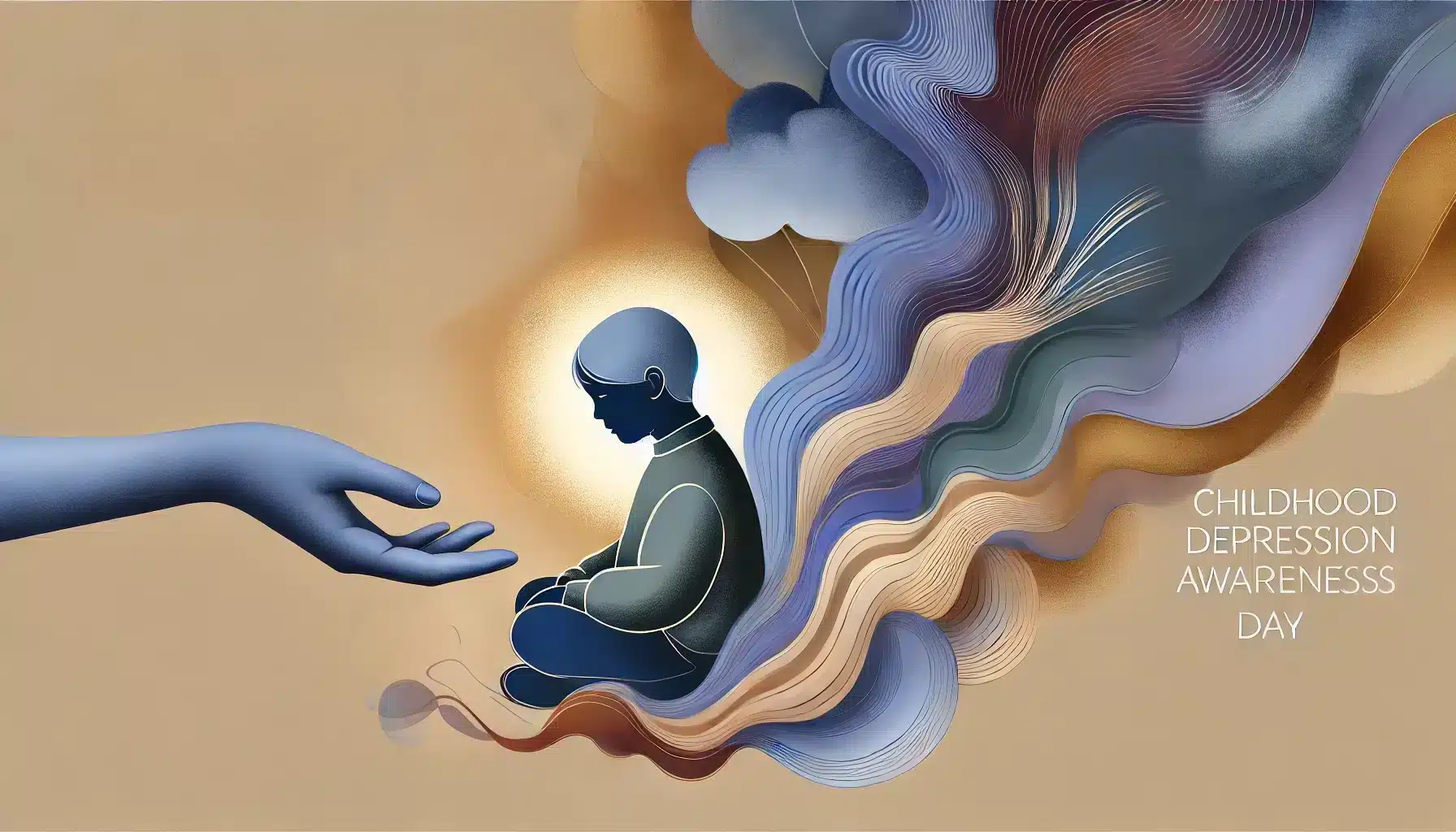What is Childhood Depression Awareness Day?
Childhood Depression Awareness Day is observed annually on the first Tuesday of May to raise awareness about depression in children and adolescents. This day highlights the importance of recognizing the signs of depression in young people, breaking the stigma surrounding mental health, and ensuring that children receive the support and treatment they need.
Depression is often misunderstood as an issue that only affects adults, but children and teenagers can also experience deep emotional struggles. Early detection and proper care can make a significant difference in a child’s life, helping them develop healthy coping strategies and improving their overall well-being.
History and Origin
Childhood Depression Awareness Day was created to address the increasing number of children struggling with mental health issues. Mental health professionals and advocacy groups saw the need for a dedicated day to spread information, encourage discussions, and promote early intervention.
Over the years, mental health research has shown that untreated childhood depression can lead to academic struggles, social difficulties, and long-term emotional challenges. Raising awareness helps parents, teachers, and caregivers recognize the signs early and seek professional help for affected children.
Who Participates in Childhood Depression Awareness Day?
- Mental Health Professionals: Therapists, counselors, and psychologists work to spread awareness and provide resources.
- Parents and Guardians: Learn about the signs of depression and how to support their children.
- Teachers and Schools: Educate students and staff about mental health and emotional well-being.
- Advocacy Groups: Promote policies that improve access to mental health care for children.
- Communities and Friends: Offer support to families and children affected by depression.
Slogans and Themes
Childhood Depression Awareness Day focuses on understanding, support, and early intervention. Common slogans include “Every Child Deserves to Smile,” “Listen, Support, Heal,” and “Breaking the Silence on Childhood Depression.” The themes emphasize the importance of open conversations, removing the stigma around mental health, and ensuring that every child receives the help they need to thrive.
Colors, Symbols, and Patterns
Colors
- Green: Represents mental health awareness and hope.
- Blue: Symbolizes calmness, trust, and emotional support.
- Yellow: Reflects positivity, encouragement, and warmth.
Symbols
- Heart with a Helping Hand: Represents support and compassion.
- Open Book: Symbolizes learning about mental health and spreading awareness.
- Sun and Clouds: Depicts the journey from struggles to healing and hope.
Patterns
- Waves: Represent emotional ups and downs.
- Hands Reaching Out: Symbolize support and connection.
- Butterflies: Reflect transformation and the journey toward healing.
How to Observe Childhood Depression Awareness Day
- Educate Yourself and Others: Learn about childhood depression and share resources.
- Talk to Children About Mental Health: Encourage open conversations to help kids express their feelings.
- Support Mental Health Organizations: Donate to or volunteer with groups that focus on child mental health.
- Encourage Schools to Address Mental Health: Advocate for programs that support students’ emotional well-being.
- Wear Green or Blue: Show solidarity and spread awareness by wearing the colors associated with mental health.
Many communities and schools hold events, workshops, or online campaigns to raise awareness and provide resources for parents and educators. Sharing stories and information on social media can also help reduce stigma and encourage more people to take childhood depression seriously.
Most Used Hashtags
- #ChildhoodDepressionAwareness
- #MentalHealthMatters
- #EndTheStigma
- #SupportKidsMentalHealth
- #YouAreNotAlone
Why is Childhood Depression Awareness Day Important?
Mental health in children is often overlooked or misunderstood. Many children struggling with depression may not have the words to express their feelings, leading their symptoms to go unnoticed. Without proper support, childhood depression can impact academic performance, friendships, and self-esteem, potentially leading to long-term challenges.
This day reminds parents, teachers, and communities to take children’s emotions seriously and provide the care they need. Early intervention can prevent future struggles, and raising awareness helps reduce stigma so that more families feel comfortable seeking help. By talking about childhood depression, society can move toward a future where all children feel heard, understood, and supported.
Features
First Tuesday of May: Childhood Depression Awareness Day
Why do you keep falling for the same type?
Read the article Lovemaps: the hidden blueprint of our love.

